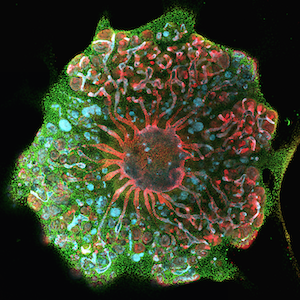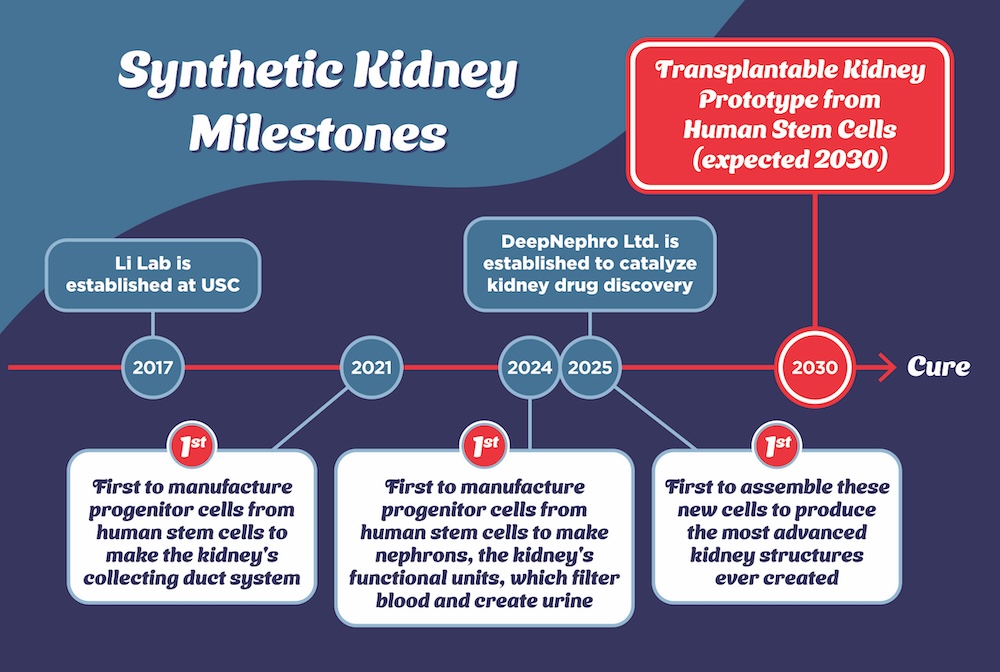The UKRO Story
Our nonprofit was founded because of one simple question.
How can so little be known about kidney disease—a problem that affects 1 in 7 adults in the U.S.?
Our mission is to transform patients’ lives by funding groundbreaking research, educational outreach, and inspiring the next generation of nephrologists and researchers. Through our support of the KRC, we facilitate the discovery of new solutions, primarily the development of a fully transplantable “synthetic” kidney, made from stem cells, that can replace dialysis.








